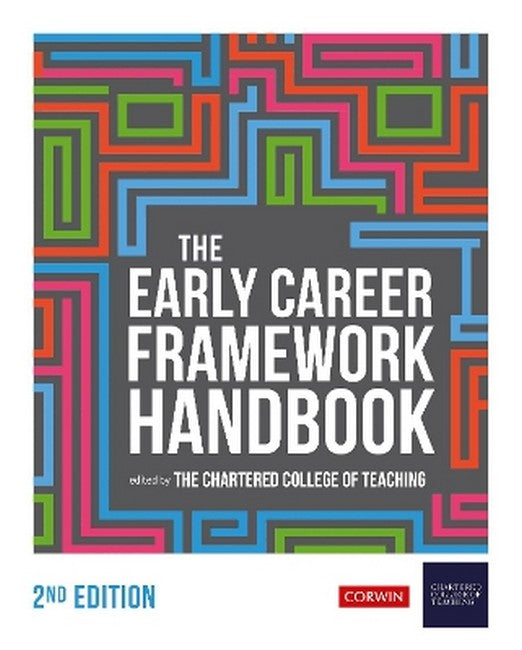Part 1 Building a productive classroom environment Chapter 1: Managing Behaviour Effectively - Amy Forrester Chapter 2: Student motivation - Adam Boxer Chapter 3: Setting and maintaining high expectations - Marc Smith Chapter 4: Mentors: Reflecting on your own practice to better develop early career teachers - Katie Jump Part 2 Supporting learning and development Chapter 5: Understanding memory - Nick Rose Chapter 6: Memories that stick - Nasima Riazat and Jonathan Firth Chapter 7: Building Understanding - Pritesh Raichura Chapter 8: Talk in the Classroom - Andy Tharby Chapter 9: Adapting teaching - Christian Bokhove and Ryan Campbell Chapter 10: Supporting students with special educational needs and disabilities - Simon Knight and Karen Wespieser Chapter 11: Developing literacy in the primary school - Megan Dixon Chapter 12: Developing secondary literacy - Alex Quigley Chapter 13: Supporting learning and development in the Early Years - Julian Grenier Part 3 Understanding curriculum and assessment Chapter 14: Principles of assessment - Sarah Earle Chapter 15: Gauging understanding and identifying misconceptions - Niki Kaiser Chapter 16: Marking and Feedback - Velda Elliott Chapter 17: Understanding Curriculum - Mark Priestley and Nienke Nieveen Chapter 18: Planning curriculum and progression - Clare Sealy Part 4 Being a learning professional Chapter 19: Professional learning and growth - Reuben Moorea and Faye Craster Chapter 20: Engaging with research - Mark Enser Chapter 21: Wider professional responsibilities and diversity, equity and inclusion - Bennie Kara Chapter 22: Managing your wellbeing - Bukky Yusuf Chapter 23: Building effective relationships with teaching assistants, the SENCO, SEND specialists and parents/carers - Rob Webster

